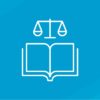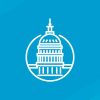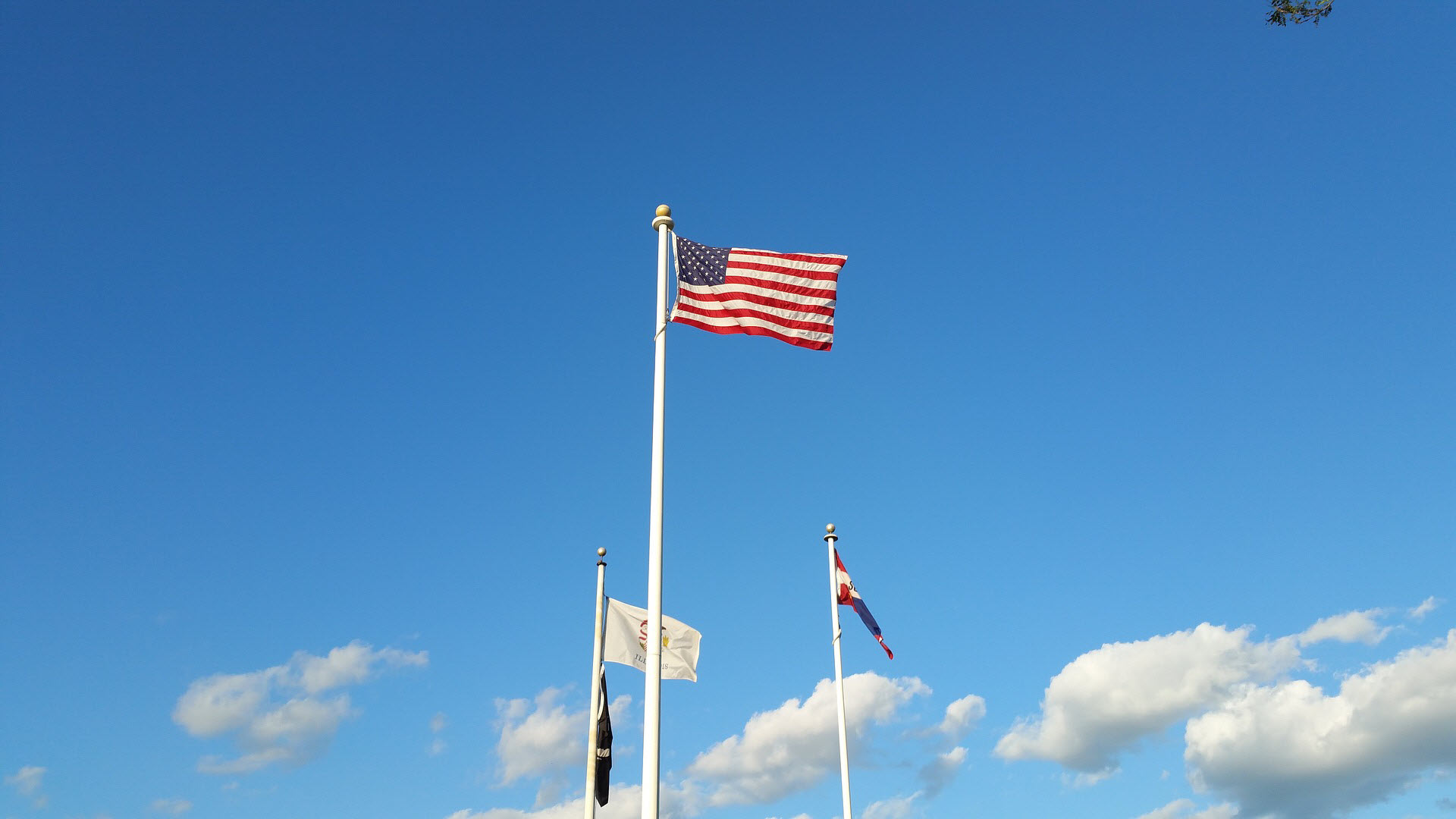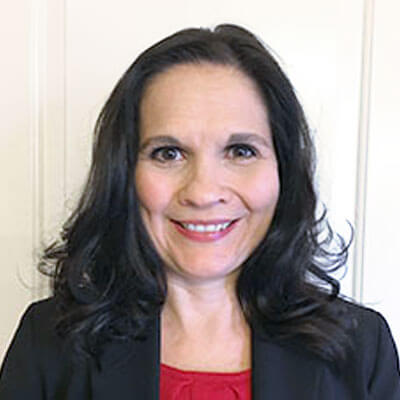Life, Liberty, and the Pursuit of Happiness: The Declaration of Independence
“We hold these truths to be self-evident, that all men are created equal, that they are endowed by their Creator with certain unalienable Rights, that among these are Life, Liberty, and the pursuit of Happiness.”
~ Preamble to the Declaration of Independence[1]
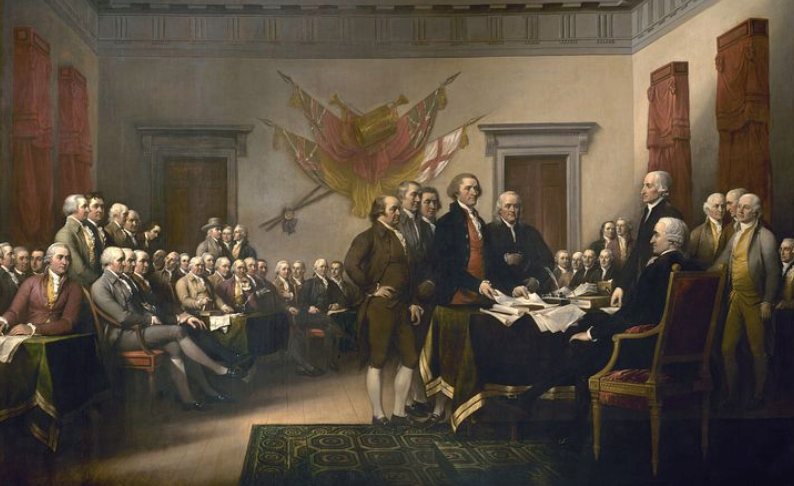 I have a plaque in my kitchen with the words of the Declaration of Independence written upon it. I know what you’re thinking – she needs an interior decorator! Nevertheless, I have the plaque as a constant reminder of not only the ideals of our founding fathers, but of the role of God in the formation of our great country. Even though not all of the founders were Christian, all of the founders understood that the nation being formed was a nation of religious and moral people. God’s presence in the founding of our country is undeniable. From the appointment of a chaplain to open each day of deliberation with prayer at the Constitutional Convention, the oath taken by our first President, George Washington, with the addition of the words, “So help me God,” to attendance of religious services at St. Pauls’ following that first inauguration, God was present.[2] All of the founders understood that ultimately all authority comes from God.[3] It was understood that Man is created in God’s image, and man’s unalienable rights cannot be discarded or denied – these principles are self-evident.
I have a plaque in my kitchen with the words of the Declaration of Independence written upon it. I know what you’re thinking – she needs an interior decorator! Nevertheless, I have the plaque as a constant reminder of not only the ideals of our founding fathers, but of the role of God in the formation of our great country. Even though not all of the founders were Christian, all of the founders understood that the nation being formed was a nation of religious and moral people. God’s presence in the founding of our country is undeniable. From the appointment of a chaplain to open each day of deliberation with prayer at the Constitutional Convention, the oath taken by our first President, George Washington, with the addition of the words, “So help me God,” to attendance of religious services at St. Pauls’ following that first inauguration, God was present.[2] All of the founders understood that ultimately all authority comes from God.[3] It was understood that Man is created in God’s image, and man’s unalienable rights cannot be discarded or denied – these principles are self-evident.
Why is God’s Presence in the Forming of Our Nation Important When Studying the Declaration of Independence?
In order to fully understand the ideals the founding fathers espoused in the Declaration of Independence, it is important for students to understand God’s presence in the lives of the founding fathers. Only then can the self-evident principles of life, liberty, and the pursuit of happiness be truly understood. Liberty, which is at the cornerstone of the ideals of the founding fathers, can only be truly understood when one recognizes that liberty, as envisioned by the founding fathers, can only exist within the constraints of moral order.[4] True liberty does not mean one has the ability to do whatever he or she pleases. Rather, true liberty means one must act responsibly, adhering to the natural order of right and wrong. When one’s actions infringe upon another’s liberty, those actions must be restrained.
When students understand the context surrounding our nation’s inception, the principles expressed by the founding fathers in the Declaration of Independence come alive with greater meaning. Our great nation was formed as a moral nation. The eloquence of the Declaration of Independence proves it.
Source:
[1] https://www.archives.gov/founding-docs/declaration
[2] https://wallbuilders.com/george-washington-actually-say-help-god-inauguration/
[3] https://www.biblegateway.com/passage/?search=Romans+13%3A1&version=NIV
[4] Spalding, Matthew. We Still Hold These Truths: Rediscovering Our Principles, Reclaiming Our Future. ISI Books, 2010.





